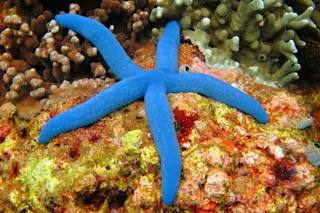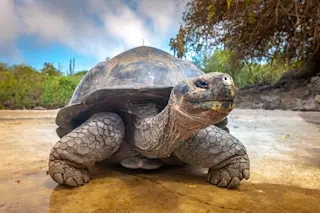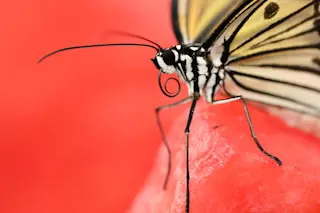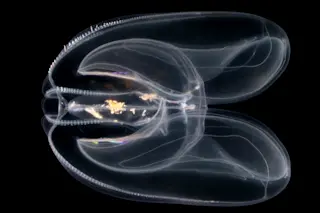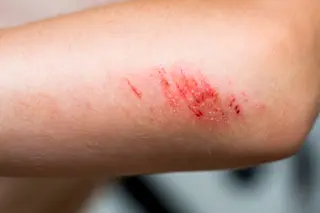One of the most visible differences between humans and other primates—our extremely reduced body hair—may result from an evolutionary battle with parasitic bugs. "The fleas, ticks, biting flies, and other ectoparasites that live in an animal's fur cause irritation, carry disease, and so on. If an animal could shed its fur, it would free itself from a lot of these pests," says Mark Pagel, an evolutionary biologist at the University of Reading in England. Once humans mastered fire, shelter, and clothing, thick body hair simply became an evolutionary disadvantage. To Pagel and his colleague Walter Bodmer of John Radcliffe Hospital in Headington, this theory makes more sense than the older explanation that a bald body helped humans shed excess body heat. But why do we still sprout abundant hair in the armpits, the pubic regions, and the top of the head? Charles Darwin speculated that a thick mane might make ...
Evolution of the Birthday Suit
Explore the evolutionary battle with parasitic bugs and how it led to humans' reduced body hair.
More on Discover
Stay Curious
SubscribeTo The Magazine
Save up to 40% off the cover price when you subscribe to Discover magazine.
Subscribe






